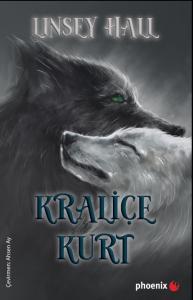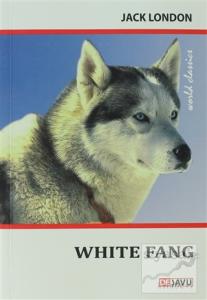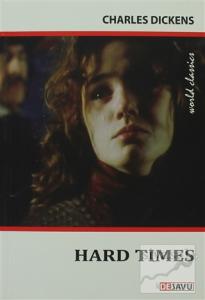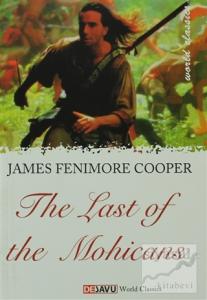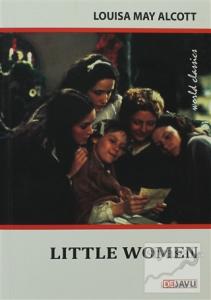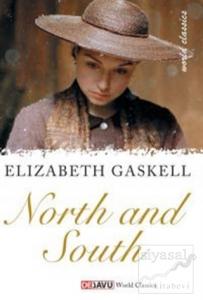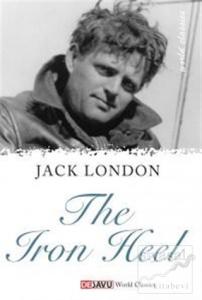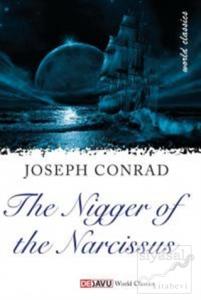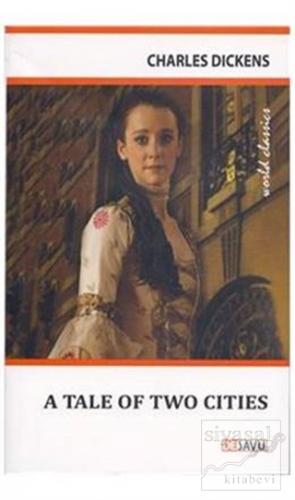
Charles Dickens(7 February 1812 - 9 June 1870), pen-name "Boz," was the most popular English novelist of the Victorian era, and one of the most popular of ali time, responsible for some of English litera-ture's most iconic characters. Many of his novels, with their recurrent theme of social reform, first appeared in maga-zines in serialised form, a popular format for fiction at the time. Unlike other authors who completed entire novels before serial production began, Dickens often vvrote them while they were being serialized, creating them in the order in which they were meant to appear. The practice lent his stories a particular rhythm, punctuated by one cliffhanger after another to keep the public looking forvvard to the next install-ment. The continuing popularity of his novels and short stories is such that they have never göne out of print. His work has been praised for its mastery of prose and unique personalities by vvriters such as George Gissing and G. K. Chester-ton, though the same characteristics prompted others, such as Henry James and Virginia Woolf, to criticize him for sentimentality and implausibility.
Charles Dickens(7 February 1812 - 9 June 1870), pen-name "Boz," was the most popular English novelist of the Victorian era, and one of the most popular of ali time, responsible for some of English litera-ture's most iconic characters. Many of his novels, with their recurrent theme of social reform, first appeared in maga-zines in serialised form, a popular format for fiction at the time. Unlike other authors who completed entire novels before serial production began, Dickens often vvrote them while they were being serialized, creating them in the order in which they were meant to appear. The practice lent his stories a particular rhythm, punctuated by one cliffhanger after another to keep the public looking forvvard to the next install-ment. The continuing popularity of his novels and short stories is such that they have never göne out of print. His work has been praised for its mastery of prose and unique personalities by vvriters such as George Gissing and G. K. Chester-ton, though the same characteristics prompted others, such as Henry James and Virginia Woolf, to criticize him for sentimentality and implausibility.








